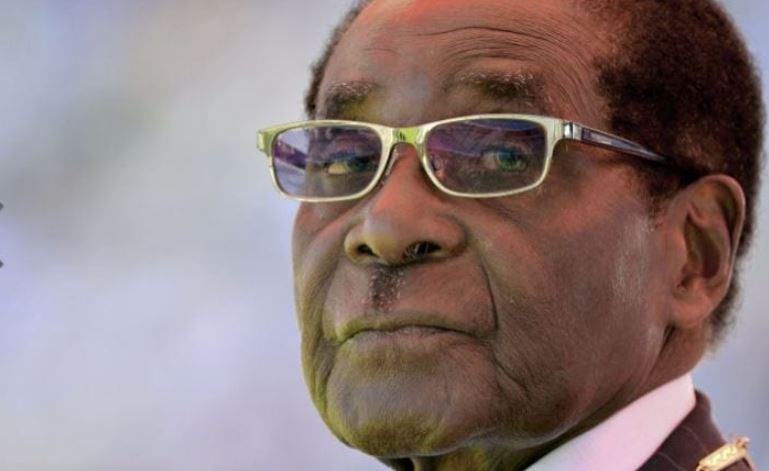×
The Standard e-Paper
Kenya’s Boldest Voice

In his earlier days as Prime Minister and later President of Zimbabwe, Robert Mugabe was regarded as a symbol of the freedom and liberation of the Southern African state.